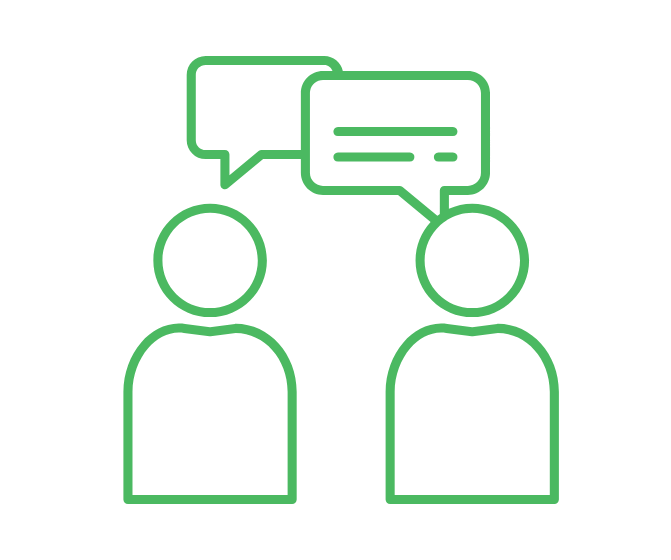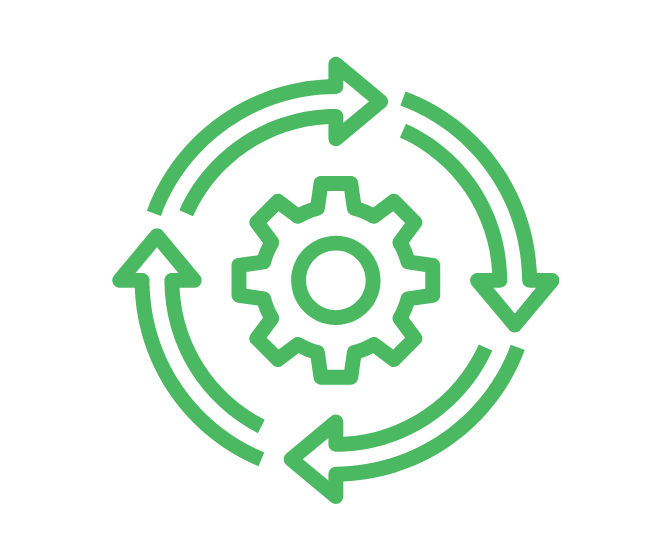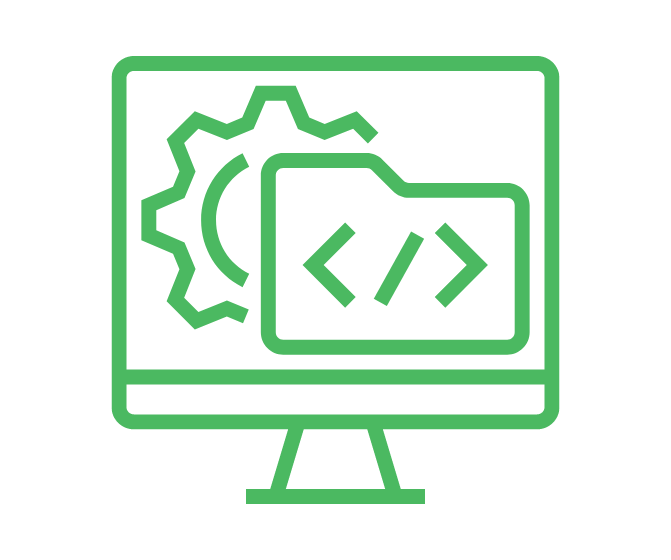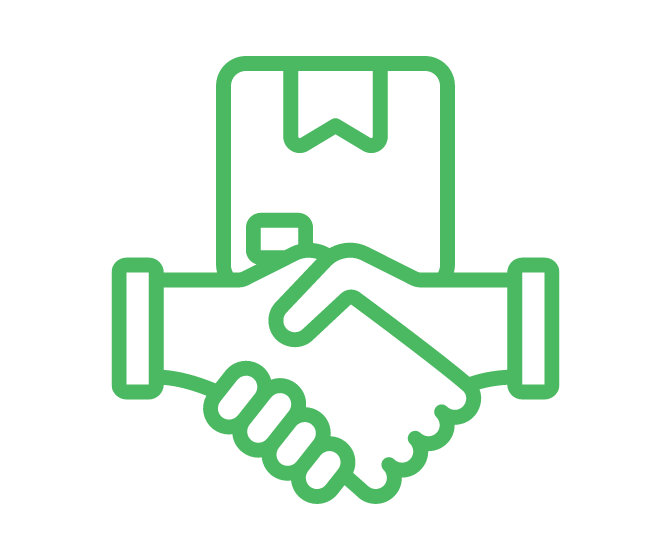Digital invoicing, also known as e-invoicing, is becoming more and more common in countries throughout the world, with business processes such as sending/receiving payments able to be carried out remotely.
Digital invoicing automates and simplifies invoice processing, thereby reducing time and cost. Invoices can be generated by data extraction from relevant sources which can then be validated prior to electronic distribution.
This avoids the need for document scanning and can also generate automated prompts for accounting record classification. Automation also ensures that details such as invoice number, due date, amount etc. are always correct.
One customer posts hundreds of invoices per minute and automates around 95% of the invoices they receive from their suppliers.
What are the advantages of Digital Invoicing?
Time saving
Reduced costs
Automation
Faster payments
Reduced carbon footprint
Legal requirement
How does it work?
Have a watch of the video below to find out.
Blog
An introduction to Digital Invoicing
Have a read of this blog post as we have a closer look at digital invoicing, and how businesses – especially companies involved in transactions in multiple territories – can become ‘e-invoicing ready’.
Country Regulations
We are highly experienced in working with European companies, helping them manage the diverse accounting regulations.

Important update: The French government announced on 28th July 2023 that it was decided to postpone the implementation of the system, scheduled for 1st July 2024, to allow sufficient time for this reform to be a success. The date of the postponement will be defined as part of the work to adopt the Finance Act for 2024. Therefore, the below dates are subject to further change.

The French Tax Authority (DGFIP) has announced its intention to make e-invoicing and e-reporting compulsory, read our blog post to understand what this means and who will be affected by the changes.

Germany already has B2G (business to government) e-invoicing. They may decide to use the Factur-X / ZUGFeRD – the French-German standard – format for B2B purposes as they are already doing with B2G.
This is the ideal time to consider your readiness for e-invoicing, particularly with regards to AP and AR automation. Also, despite mandatory e-invoicing being a government-driven policy, it can also bring material benefits to businesses. Not least, the fact that data is sent directly to a buyer’s AP system means that invoices can be logged, processed and approved in a fraction of the time it would take with traditional invoicing processes.
More generally, if you can demonstrate to business partners that you are equipped with e-invoicing capabilities at an early stage, it helps demonstrate your commitment to hassle-free billing and invoice management: a potentially valuable selling point in the current climate.
Looking to futureproof your accounting processes to accommodate new ways of invoicing?
Speak to Millennium Consulting
Why choose Millennium?
We have the knowledge and experience needed to design, implement, optimise and support an appropriate solution for your organisation.

Advisory
We provide strategic advice, identifying the systems and processes that would benefit from updating/automation.

Implementation
We deliver end-to-end project solutions, helping you adapt to continuous change to achieve competitive advantage.

Complementary software
Our experienced team can implement additional complementary software to enhance your system.

Ongoing support
We provide individually tailored support either as part of a formal plan or on an ad-hoc basis as required.
Contact us for further details
If you would like to learn more about how digital invoicing can enhance your business process or a demo of MDI then please contact us, we are always happy to help.
